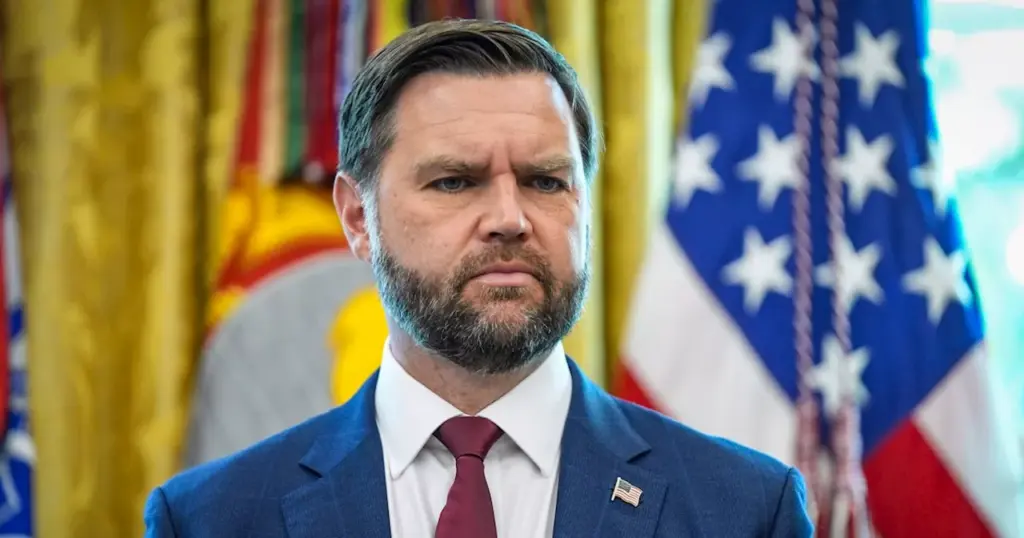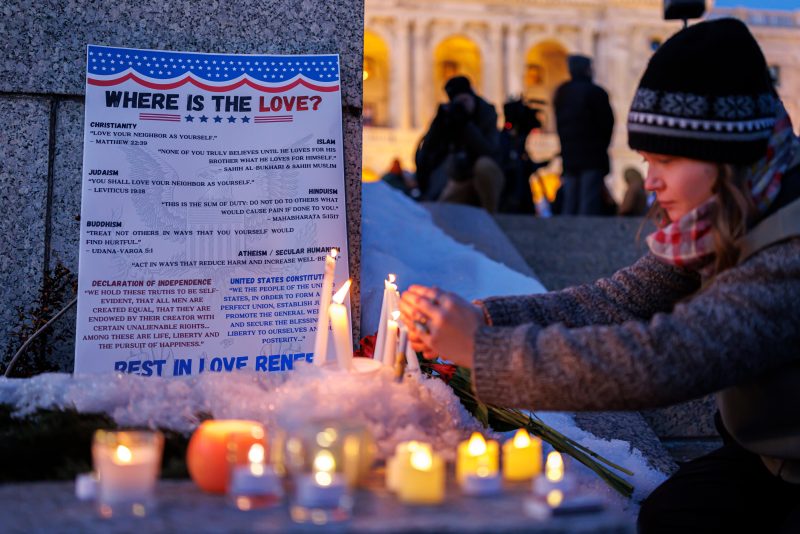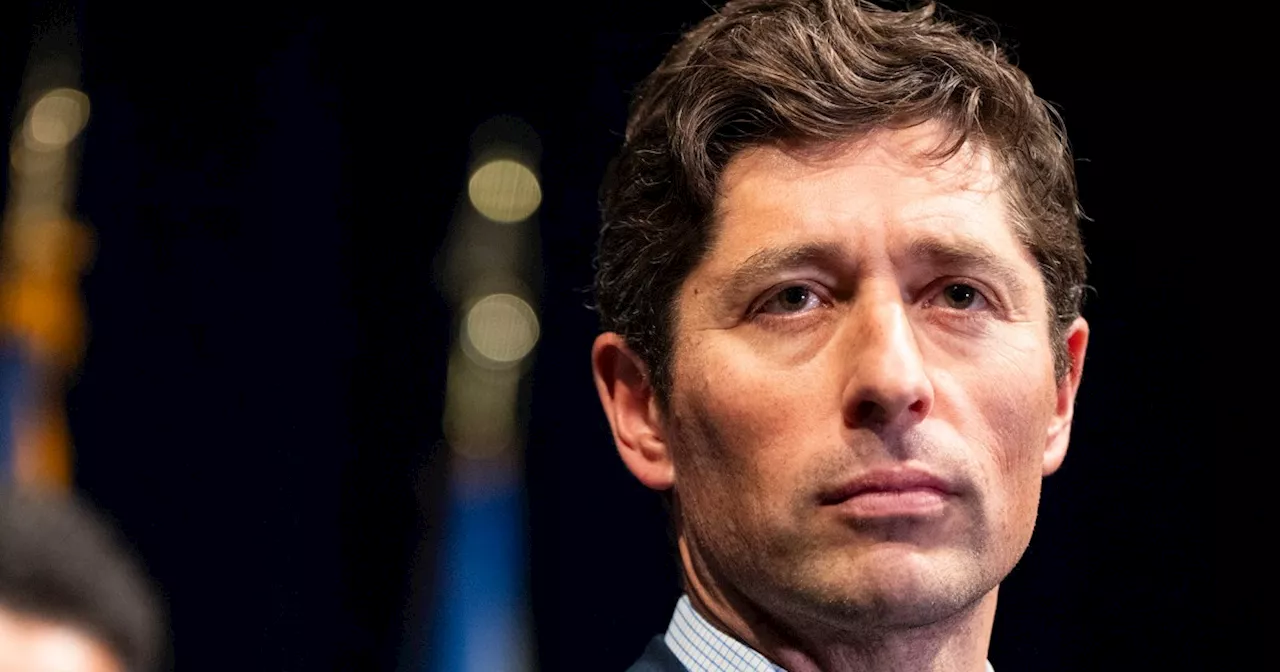
Vice President JD Vance has sharply criticized the Democratic Party, led by Chuck Schumer, accusing them of obstruction and what he termed “hostage-taking” during the ongoing government shutdown. This stalemate, which has now entered its twelfth day, has raised significant concerns about essential services and federal employee layoffs as negotiations remain stalled.
In a recent interview on CBS’s “Face the Nation,” Vance asserted that the administration is focused on maintaining essential services while managing the implications of the shutdown, including layoffs in various federal agencies. He specifically pointed to the Democrats’ insistence on extending expiring health insurance tax credits as an unreasonable demand that obstructs negotiations to reopen the government. Vance emphasized that the administration is open to discussing health care policy but insists that these talks should occur only after the government resumes operations.
The Vice President underscored the chaos stemming from the current impasse, attributing it directly to Schumer and what he described as “far-left Democrats.” He stated that the administration is legally empowered to implement layoffs and characterized the situation as “terrible and chaotic,” emphasizing that cooperation from Democrats could lead to a resolution and the reopening of the government without further disruption.
Vance also expressed concerns regarding the health insurance tax credits, indicating they potentially contribute to inefficiencies and fraud within the insurance sector, and suggested a reevaluation of these policies may be necessary.
In response, Democratic Senator Chris Murphy of Connecticut, also appearing on “Face the Nation,” rejected Vance’s accusations. Murphy contended that it is the Republicans who are boycotting negotiations, arguing their ultimate goal appears to be raising premiums for Americans to finance tax cuts for the wealthy. He framed the current situation as an urgent crisis, highlighting the potential rise in premiums and the broader implications for democracy and the rule of law.
Murphy stressed the importance of addressing the budget challenges to prevent a financial crisis for American families, stating that the responsibilities of governance should not be undermined for political gain.
The ongoing dispute over health insurance tax credits and federal funding illustrates the deep divisions within Congress, complicating prospects for a swift resolution. While the White House has announced that layoffs are underway, with more than 4,000 workers receiving reduction-in-force notices from seven federal agencies, the lack of progress in negotiations raises questions about the long-term impacts on both government operations and public services.
As the shutdown continues, the conflicting positions of both parties highlight the complexity of the political landscape in Washington. With essential services at stake and significant financial implications for families, the urgency for a resolution remains high.







